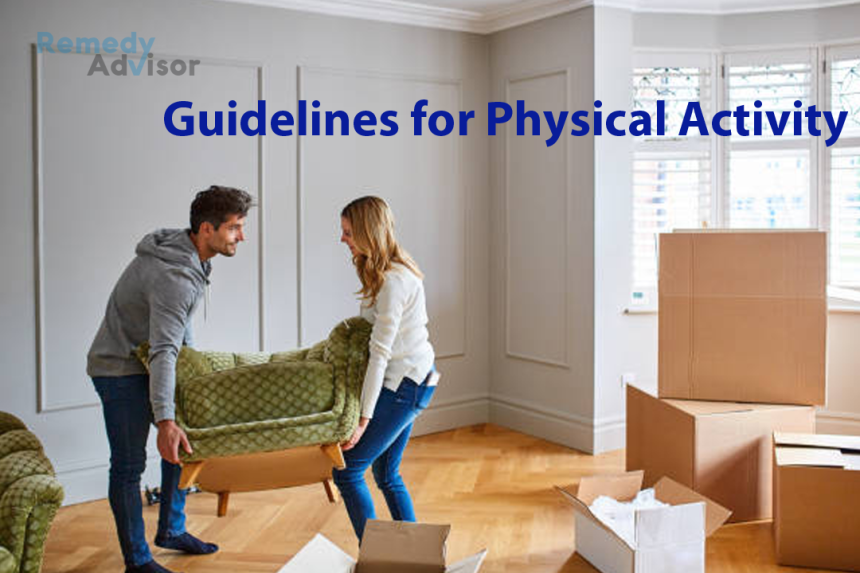Whether you want to help prevent the development of high blood pressure or you already have been diagnosed with some level of hypertension, you should check with your health-care provider before starting any type of exercise program. Your doctor should be able to help you determine which aerobic, resistance, and other types and degrees of physical activities are best for you.
Be sure to tell your health-care provider about any and all supplements and over-the-counter and prescription drugs you may be using, your current level of physical activity, smoking and alcohol use, and any health or medical problems you are experiencing about which your doctor may not be aware. You want your exercise experiences to be as enjoyable, safe, and effective as possible!
Here are some other guidelines to consider once you begin your activity program:
- Do not exercise outdoors if the weather is too hot or too cold or the humidity is high. These extremes in weather conditions can increase your level of fatigue, make it difficult to breathe, and stress your heart. Plan some alternative activities. For example, if the weather is too cold you might stay indoors and exercise with an aerobics DVD, jump rope, or take a brisk walk at an indoor mall.
- Do not use sauna, steam room, hot tub, or extremely hot or cold shower after an exercise session.
- If you ever feel short of breath or extremely fatigued, stop your activity and relax by resting in a seated position. If you experience heart palpitations or an irregular heartbeat, check your pulse. If your pulse is irregular or greater than one hundred beats per minute or you continue to experience shortness of breath after you have rested quietly for five to ten minutes, contact your doctor.
- If you need to miss several days of activity because of illness, injury, or other reasons, be sure to ease back into your previous level of activity.
- Do not exercise if you have a fever, have cold or flu symptoms, or otherwise do not feel well.
- Forget “no pain no gain.” If you experience pain anywhere in your body, and especially chest pain, stop the activity. If the pain continues, contact your physician.







